Past Topics

Knowing What You Know and What You Don’t Know
Examining epistemology
Julie Arliss
Knowledge is not the same as belief. What things can we know, ‘beyond reasonable doubt’? This is the task for a jury sitting in a court room and is the opening question of this session. A range of ideas will be presented from across the curriculum to explore the difference between that which can rationally be said to be ‘proved’ and what it is reasonable to believe. This session will give academically able students, thinking tools with which to test factual claims. In addition there will be an evaluation of the claim that there are some areas of human experience, such as claims to religious experience, which require different tests.
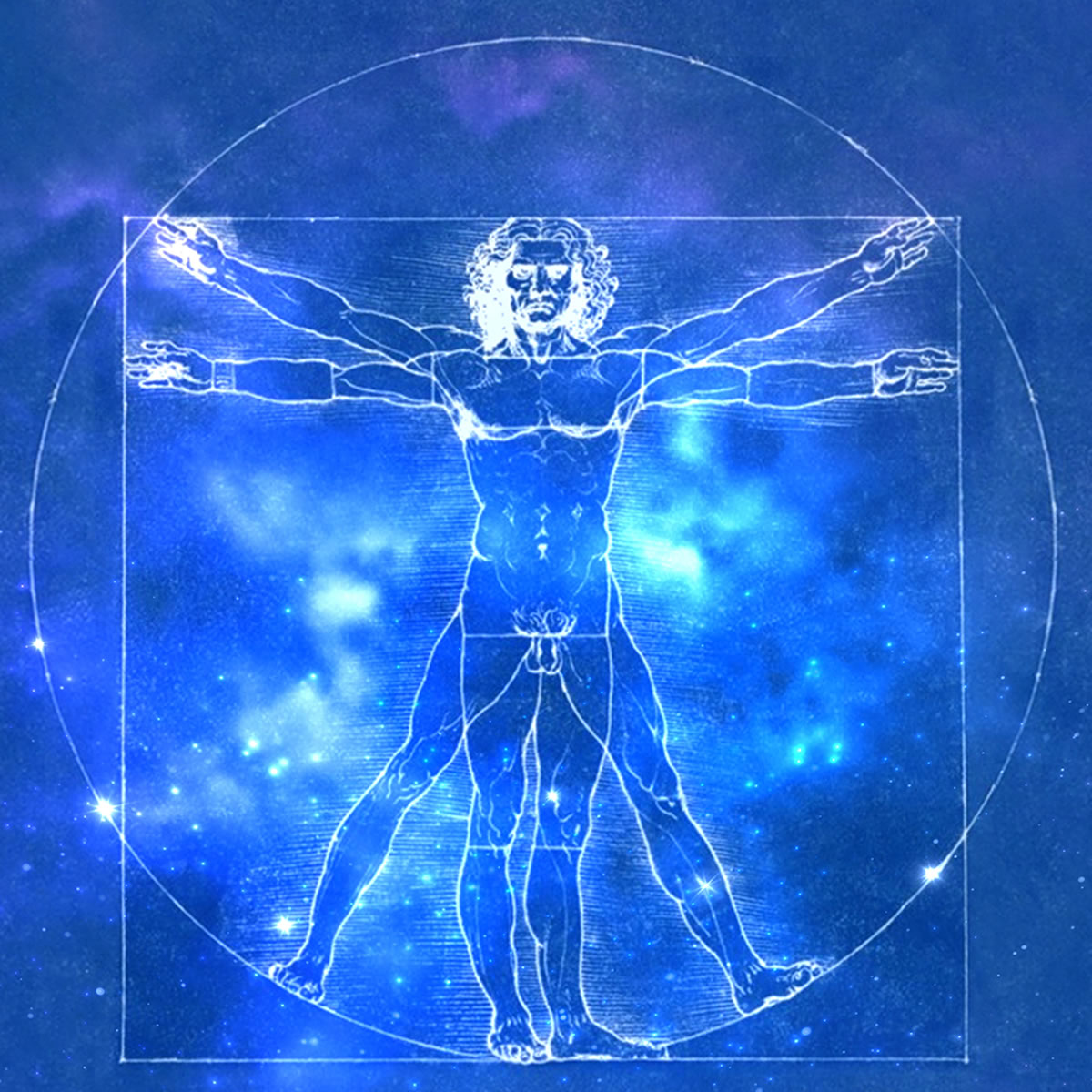
BODIES – Guest Academic
LONDON Professor Charles Foster. Green Templeton College Oxford & Faculty of Law, Oxford. Ig Nobel Prize winner. Why I lived like a badger, an otter, a deer and a swift.
CAMBRIDGE Dr James Orr. Former Corporate Lawyer, Cambridge University Philosophy. Cambridge. Embodied Cognition – Can the BODY have knowledge?
OXFORD, WELLINGTON Mike Grenier. Shakespeare- humors and appetites. A polymathic look at how Shakespeare viewed the body, and our appetites. How does Shakespeare use science to create dynamic dramatic characters and situations? How do melancholic moods create tragic heroes and why is it not entirely bad to have the appetites of Jack Falstaff?
GATESHEAD, MANCHESTER Dr Andrew Pinsent – Ian Ramsey Centre, Theology Faculty University of Oxford, Former CERN physicist. A new look at Heavenly Bodies.

Science and the Secret of Happiness
We all want to be happy, so how is that achieved? Is happiness found in fame and fortune? Or in material possessions: house, car, garden, great job? Or maybe the true secret of happiness is accepting that there isn’t one! What’s your guess? Can science tell us how to be happy? Dr O’Neill will review the scientific literature on the secret of happiness.

Philosophy, Love and Relationships
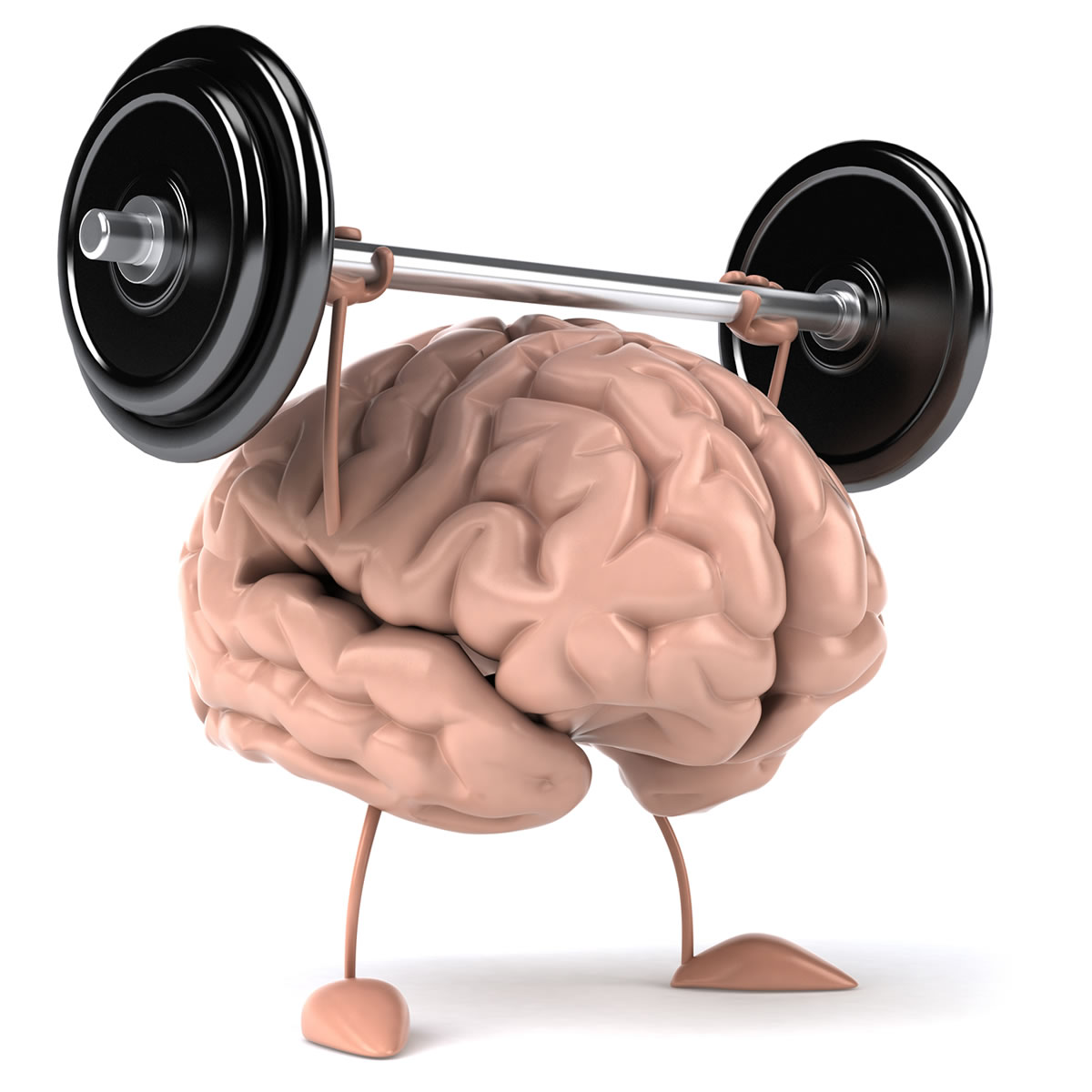
The Big Debate: “What is more important? A healthy mind or a healthy body?”
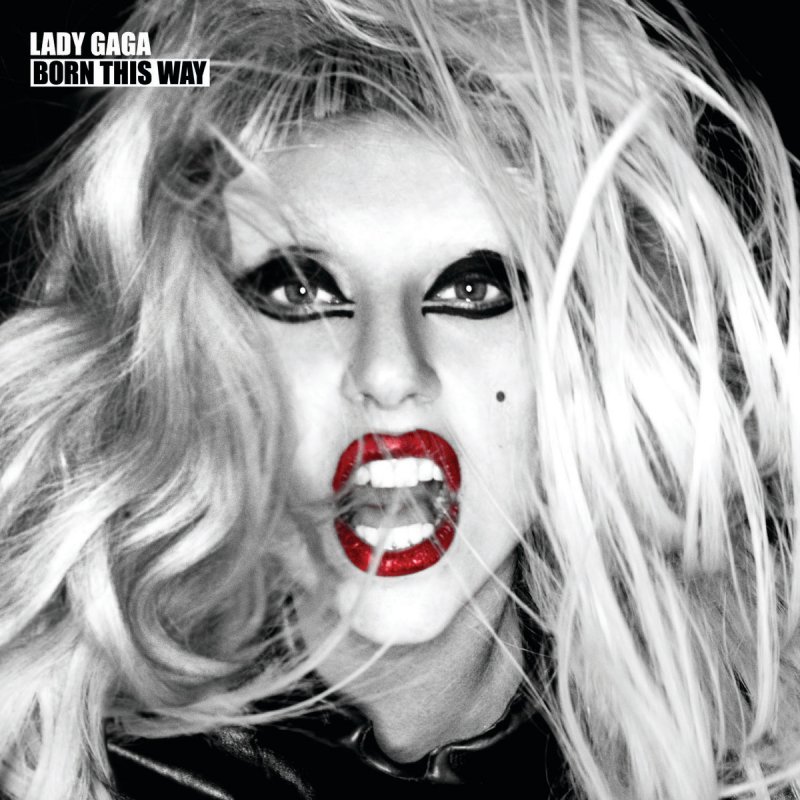
Lady GaGa and Picasso at Starbucks
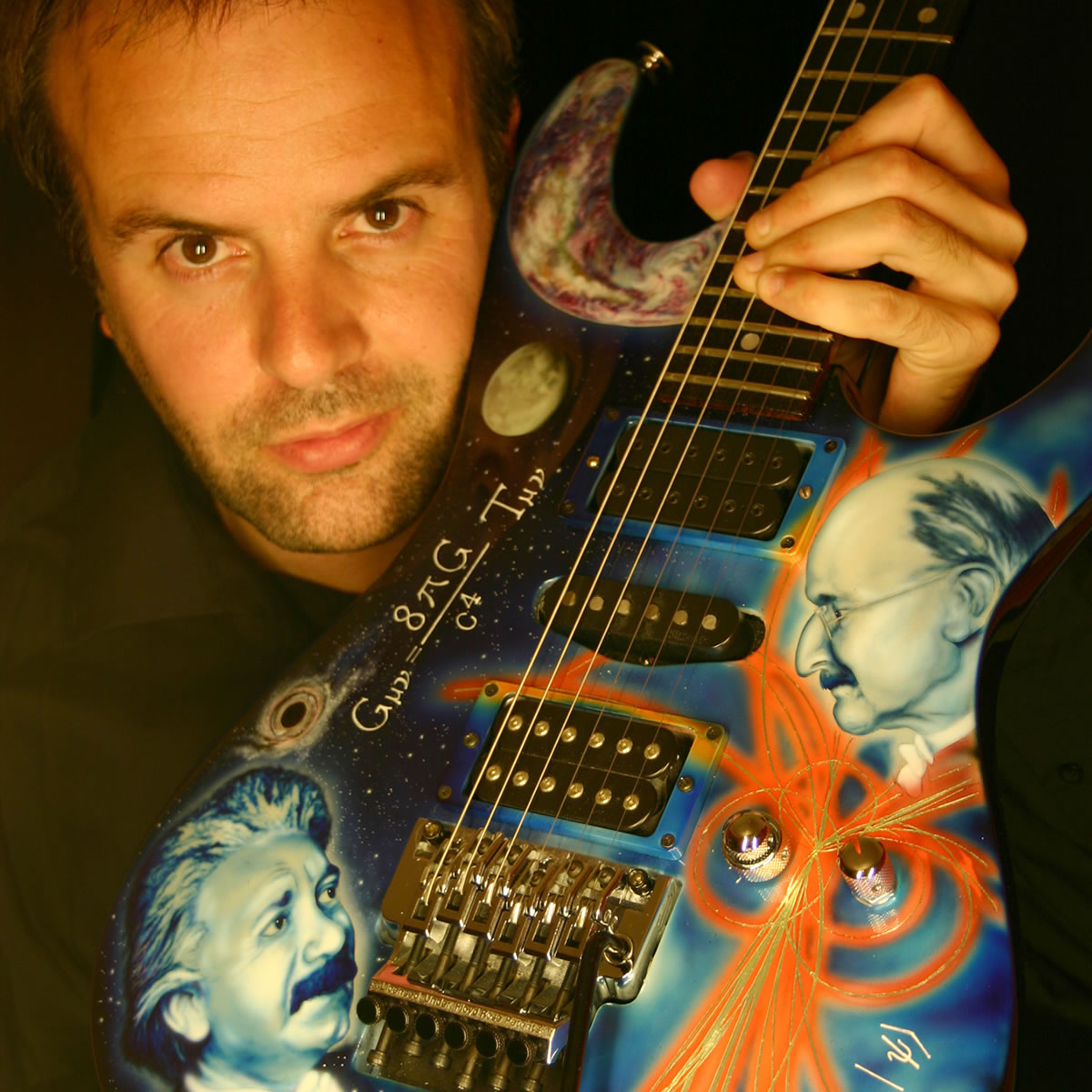
Rock in 11 Dimensions: Where Physics and Guitars Collide
This mind-expanding and ear-stimulating lecture will address some of the biggest ideas in contemporary science. The Rock Doctor, Dr Mark Lewney will use his skill with a rock guitar to explore the physics of sound; show how string vibrations might answer questions about the Big Bang; and, how the Large Hadron Collider (LHC) – the biggest experiment ever built – might let us peek into extra dimensions. With hands on demonstrations, mind-bending animations and expert guitar playing, this lecture will get the audience thinking in multiple dimensions. It will also share the wonder and excitement of how innovative experiments, all using the LHC at CERN will give us a glimpse of what the universe was like in its first trillionth of a second, and may even help us discover the origins and nature of matter.

Chaos & the Origins of the Universe

Sexual Ethics and Civilisation
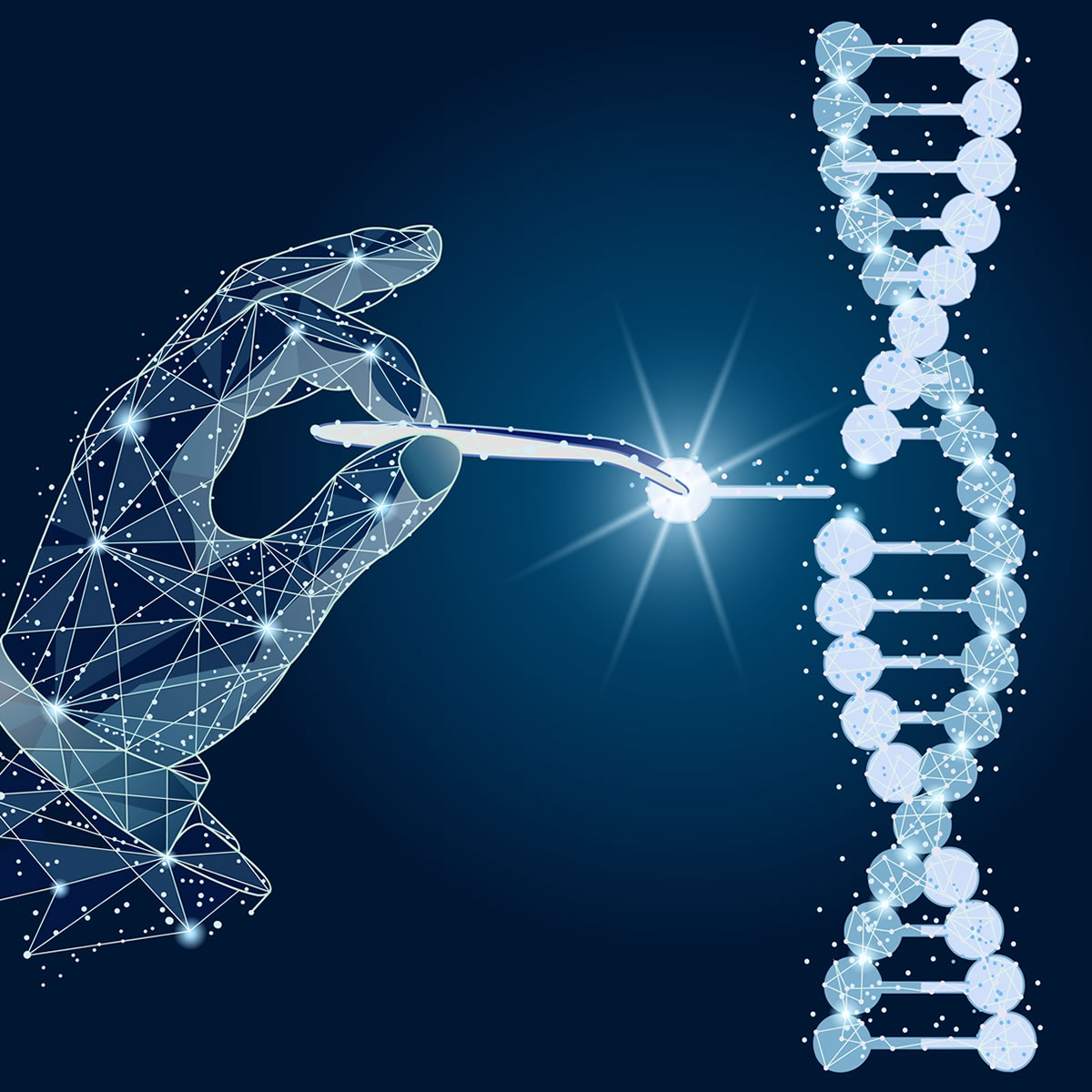
An introduction to the science of genetic engineering
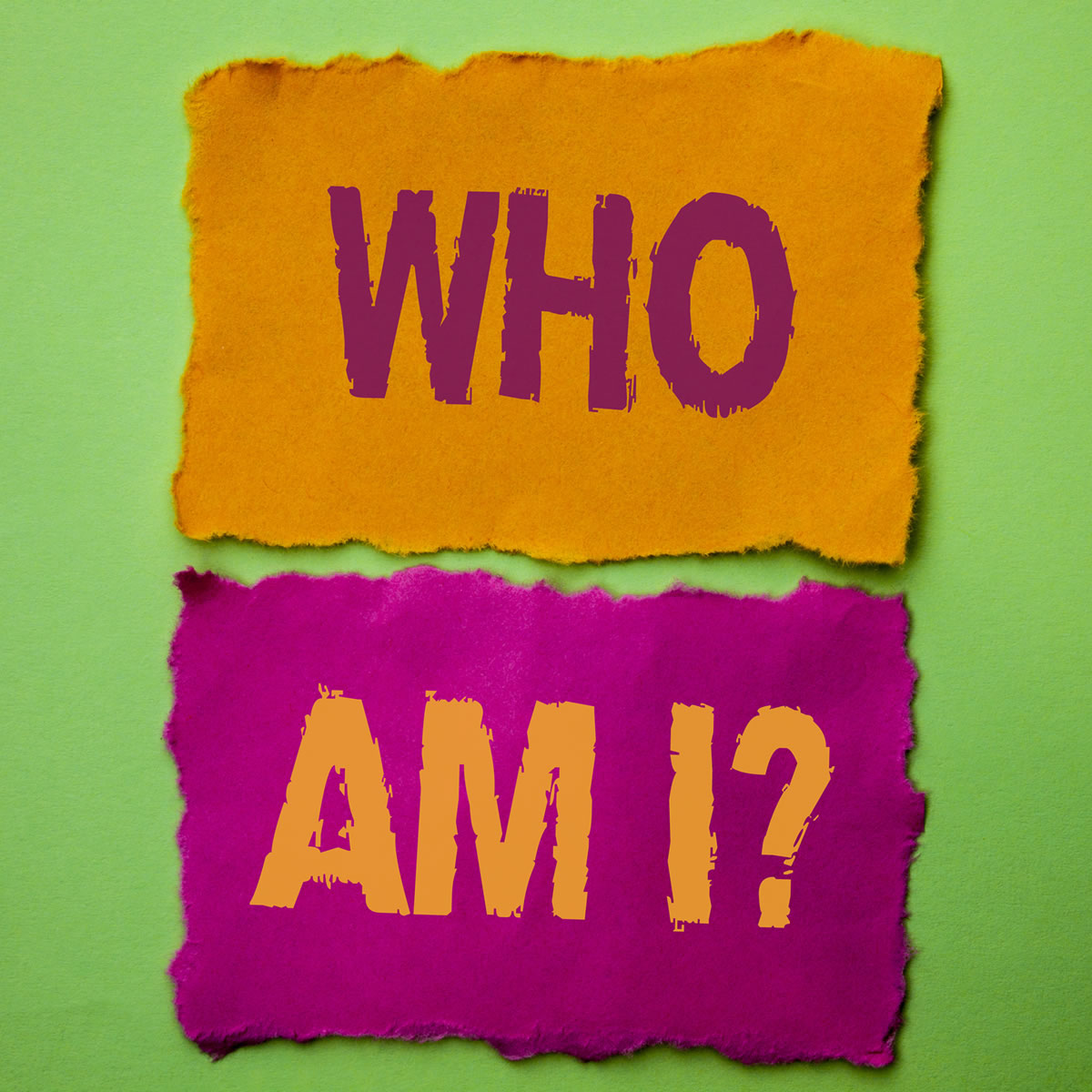
Who am I? What can I hope for?
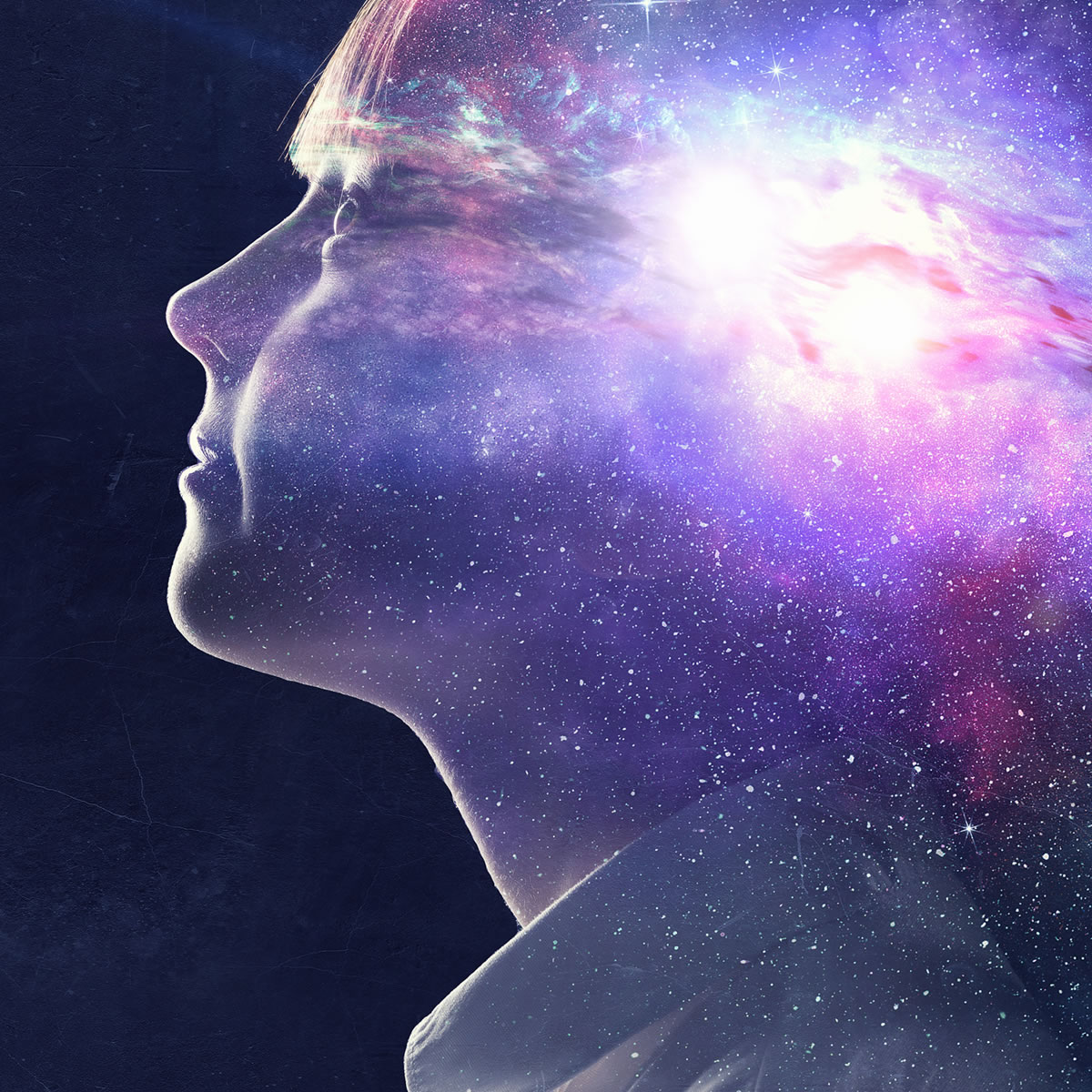
What Dreams May Come? Examining claims about the Afterlife.
For in that sleep of death what dreams may come,
When we have shuffled off this mortal coil,
Must give us pause.
Hamlet: Act III, scene 1, line 66.

Evil thoughts: Evil deeds

Cogito ergo sum (I think, therefore I am)

The Death of Individuality. What makes you, you?
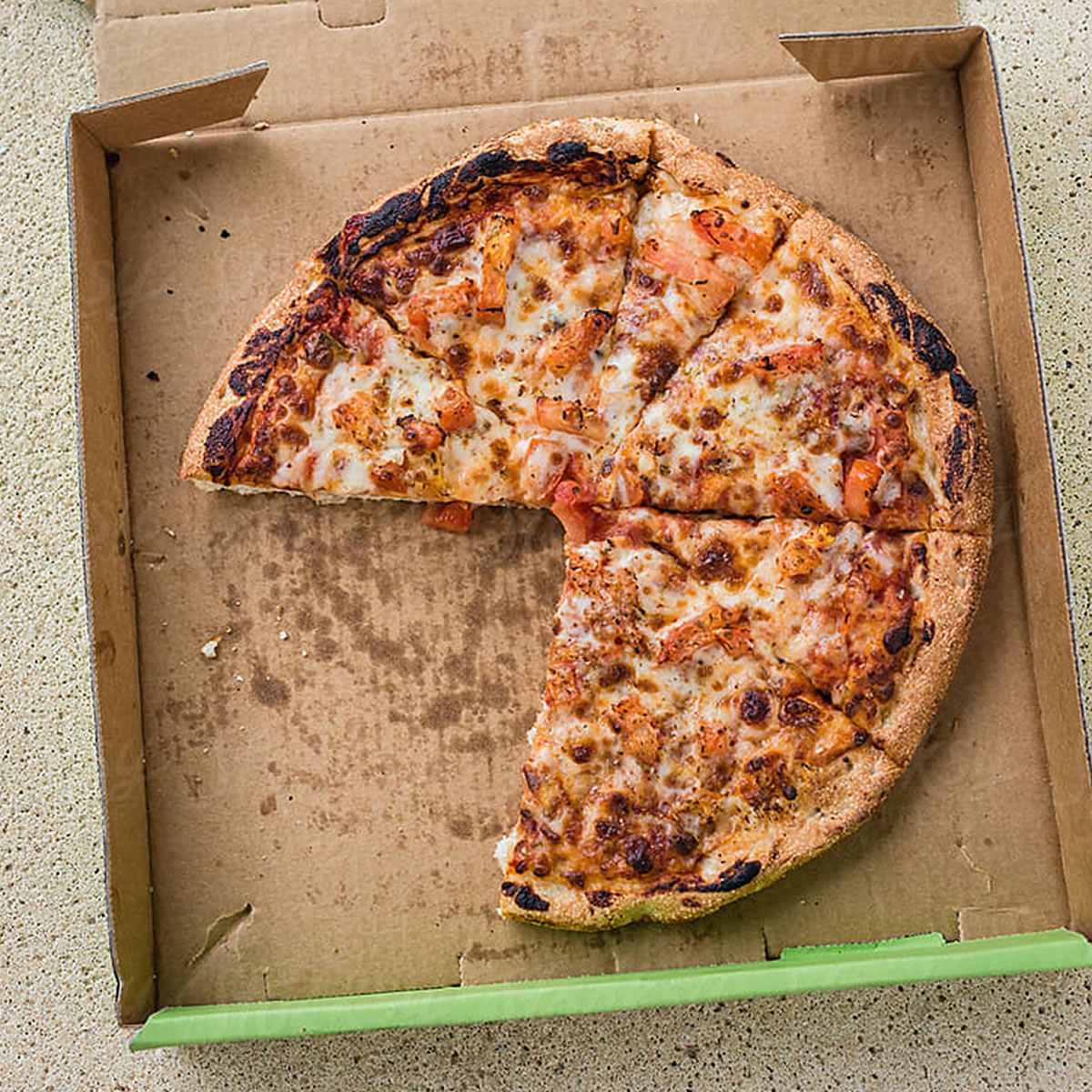
Square box, round pizza, triangle slices. Logic: A philosophical investigation.
This multi-media lecture will explore classical ideas of truth and logic and the role of contemporary social media in re-shaping these ideas. What is an alternative fact? As well as outlining the cultural shift towards ‘post-truth’ and its relation to post-modernism, the lecture will consider the ways in which logic functions, looking particularly at deduction, induction and abduction, as well as the place of logic in post-modern reasoning. The role of logic in the political sphere will also be considered in an age of the dictatorship of twitter-sphere.
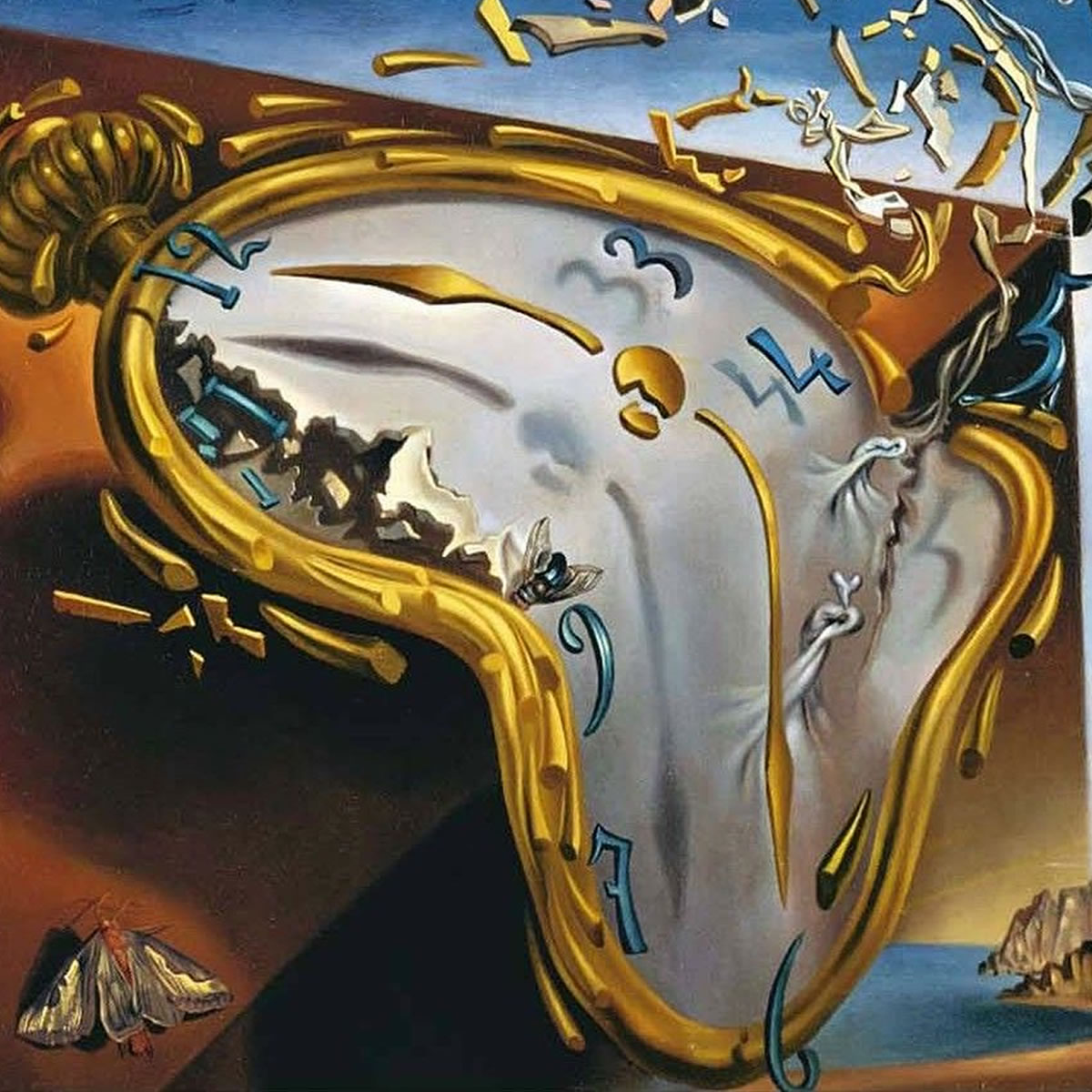
"Who controls the past controls the future: who controls the present controls the past."
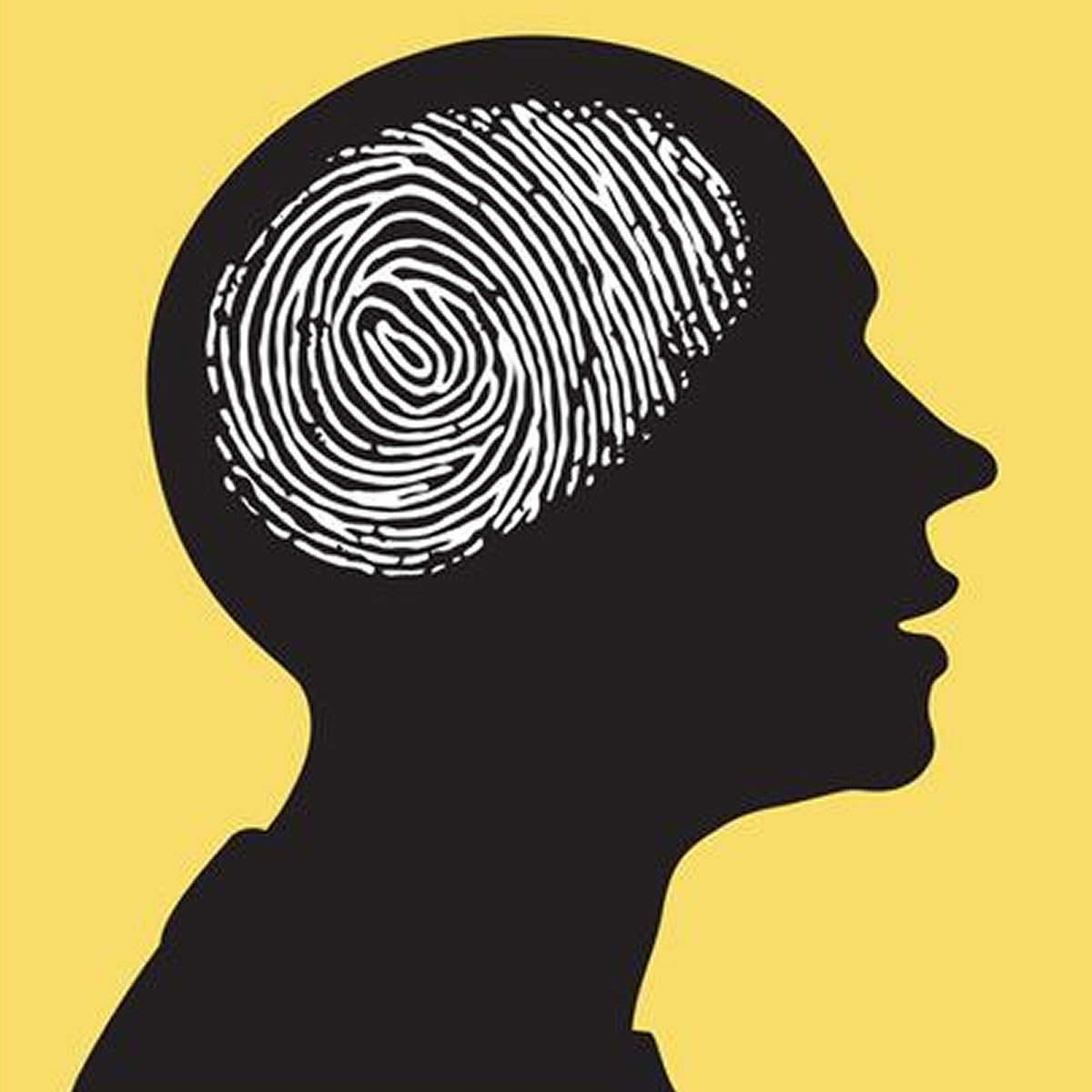
The Self Image
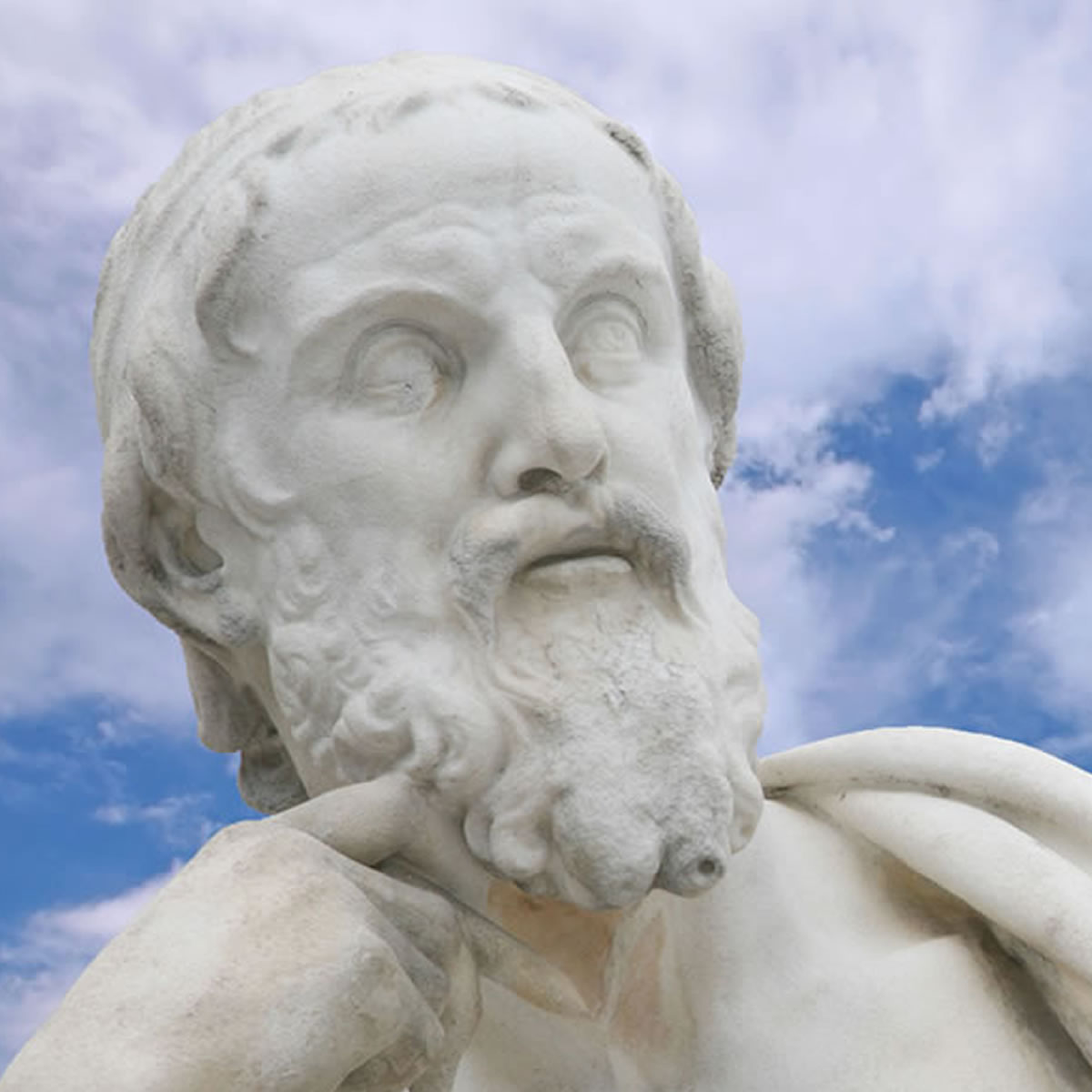
Oxbridge Question
“Do you believe that statues can move, and how might you justify such a belief?”
The Oxbridge Interview – infamous for its obscure and often surreal questions that have terrorised students down the years, is the focus of this session. The questions are designed to see how well you can think on your feet. Julie will expose this Oxbridge entry question (posed to students applying for Spanish/ French languages at Oxford!) to rigorous exploration covering epistemology, the difference between knowledge and belief, (including Plato’s tripartite theory of knowledge), and what is meant by ‘truth’. A wide range of examples will be drawn upon, from the ‘angels’ in Dr Who to the famous Pietà by Michelangelo, to illustrate the breadth of response a candidate might make.

Thinking About Thinking

Is there life after death or death after life?
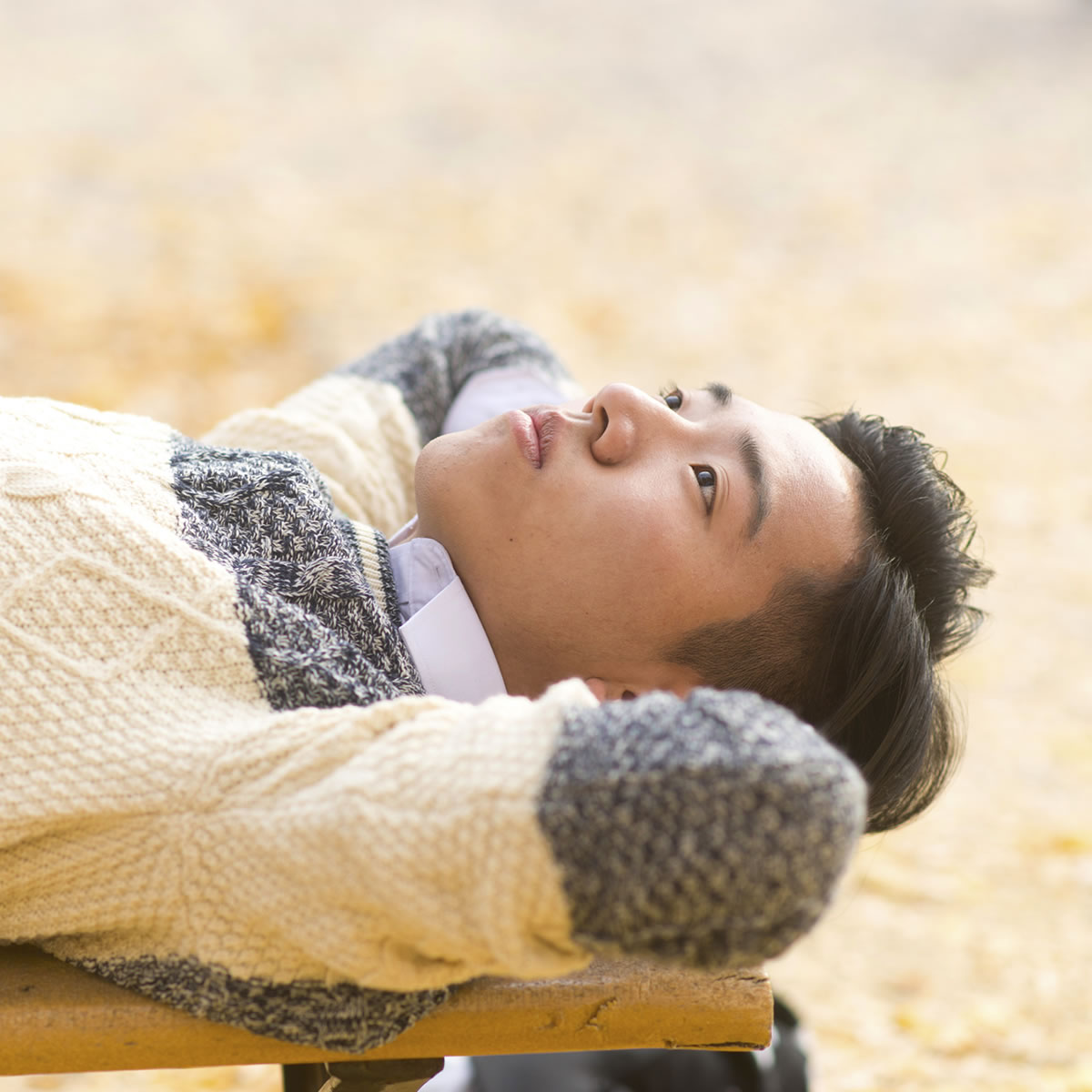
What do I believe?
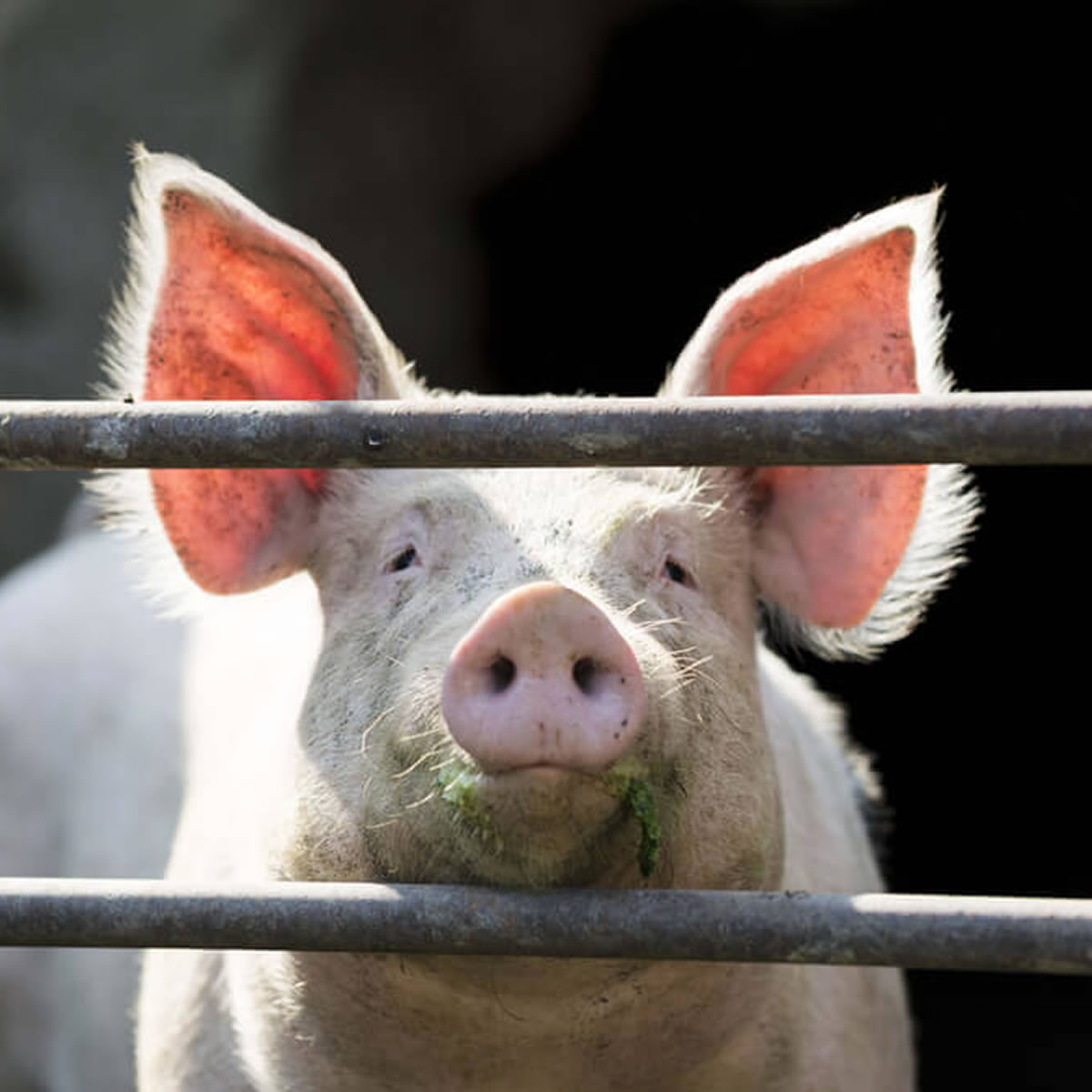
Do Animals Feel Pain and Have a Right Not to Be Eaten?

The Psychology of Outstanding Achievement It’s not all about IQ
Dr Christopher O’Neill (University of Oxford)
Contrary to popular belief, outstanding achievement in everything and anything, from maths to marathons, classics to clarinet, from football to physics, does not ultimately depend upon innate intelligence or ability. There are a number of important factors leading to outstanding achievement, which, unlike your genetic profile or the school you attend, are entirely under your control. This session will examine the hard evidence of what really produces a life of outstanding achievement. A fascinating interactive examination of what really makes a difference.

Nanotechnology

How many animals did Noah take onto the ark?

Emotional Intelligence
“All learning has an emotional base”
Plato
Intellectual gifts and talents (IQ) don’t always guarantee success, or fulfilment. We all know people who are highly intelligent, yet have challenges managing themselves or establishing and maintaining healthy relationships with others – because of an under-developed emotional intelligence. Emotional intelligence (EQ) is the ability to identify, understand, and manage our emotions in positive ways to empathise and communicate with others, and achieve greater success and fulfilment, and has been described as “the intelligent use of emotions”. This session students will look at, and experience, practical ways to develop their EQ.

Oxbridge Interview Question

Debate: This house believes that Free Will is an illusion.
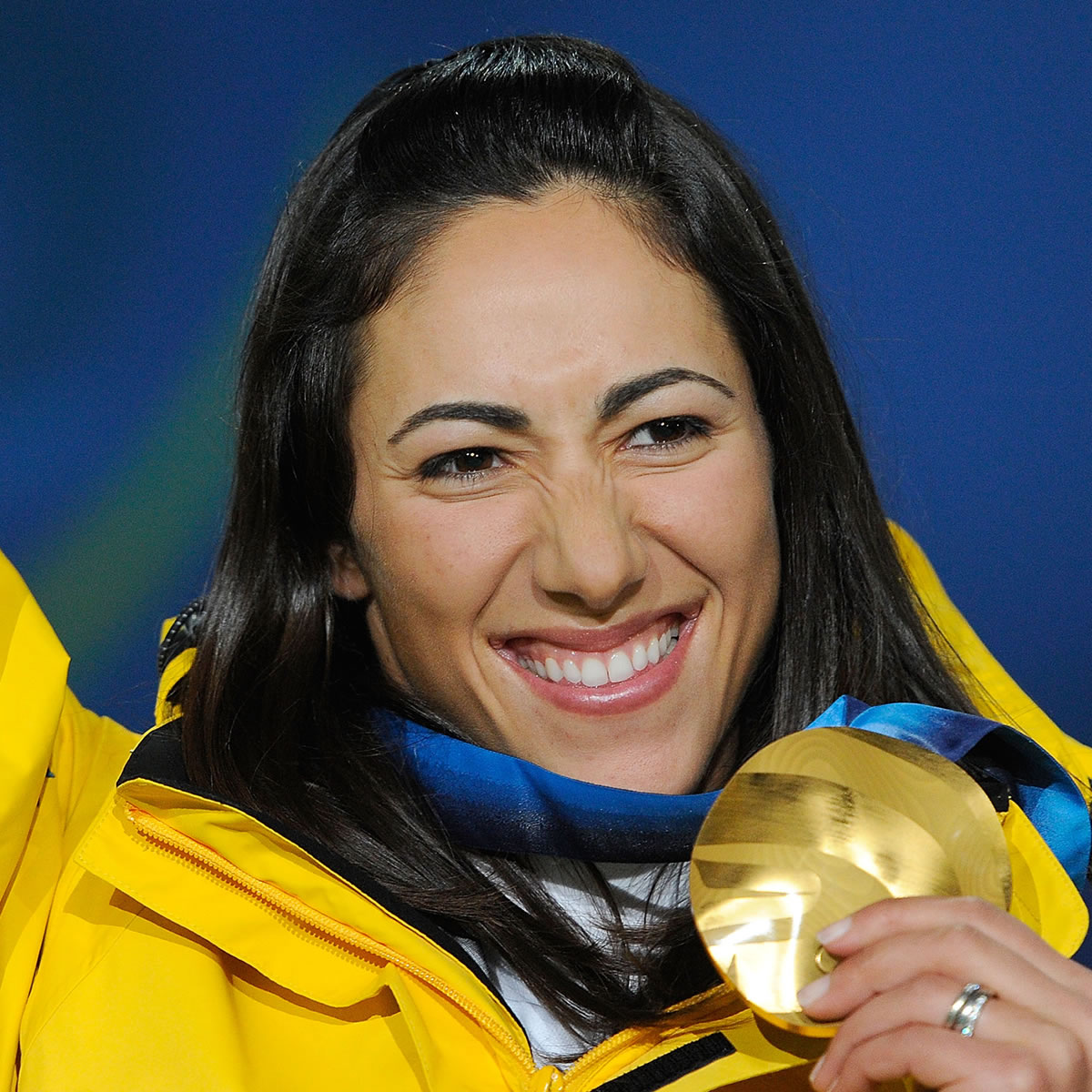
A Gold Medal Mindset
A life of achievement, and making a difference, can sometimes seem like a wild dream – but it can become an outstanding reality. How? What does it take to win an Olympic Gold medal or to excel in any direction in life? Being ‘gifted’ is just the starting block while developing a talent involves far more. In this session dual Olympic Gold medallist coach Jeffrey Hodges will guide participants through a practical process that will generate a positive mindset by aligning your thoughts with your objectives, linking your gifts and talents to a heartfelt vision of your desired future self, empowering you to overcome all obstacles and challenges to achieve your dreams and create your own gold medal reality
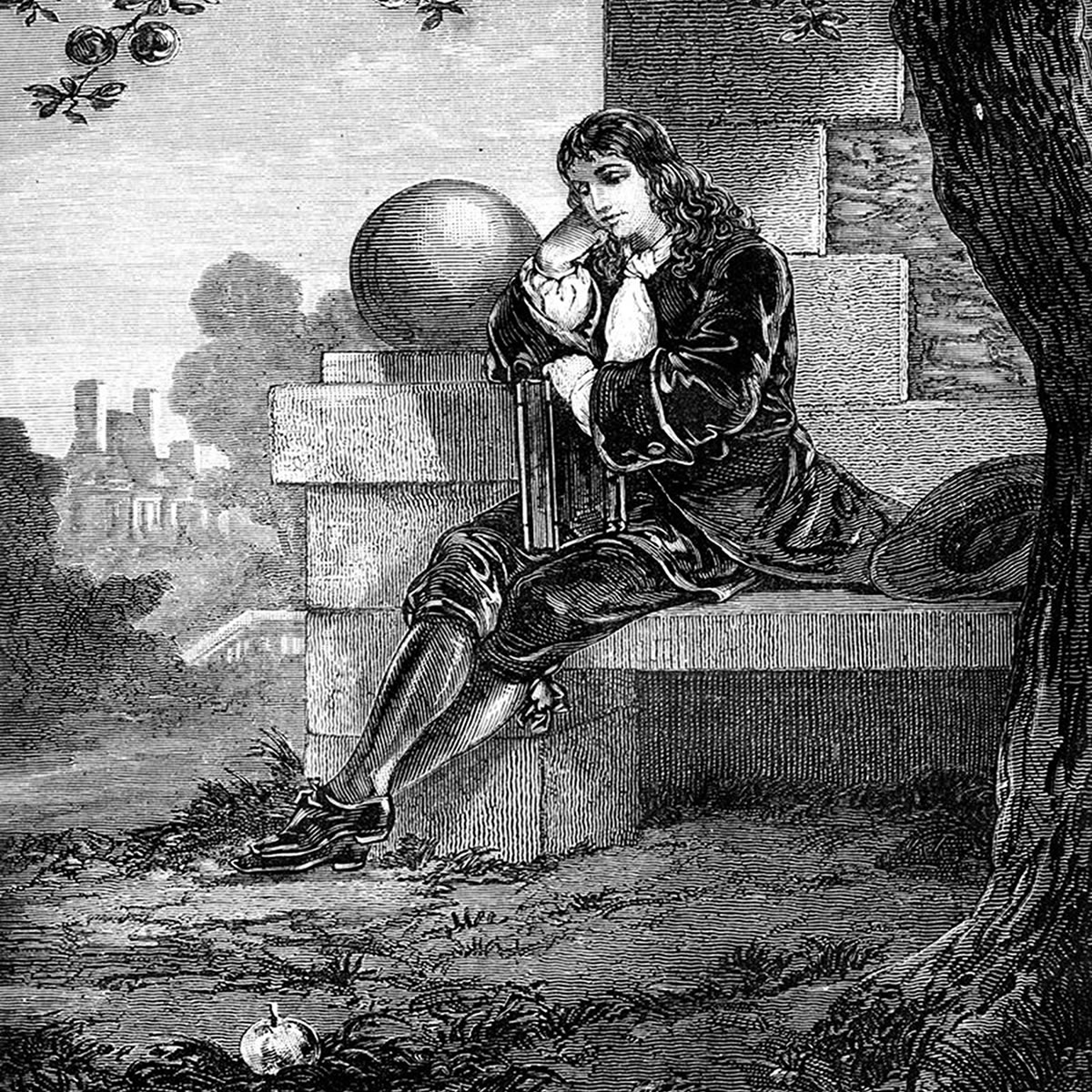
Science: What Comes First, Observation or Inspiration?
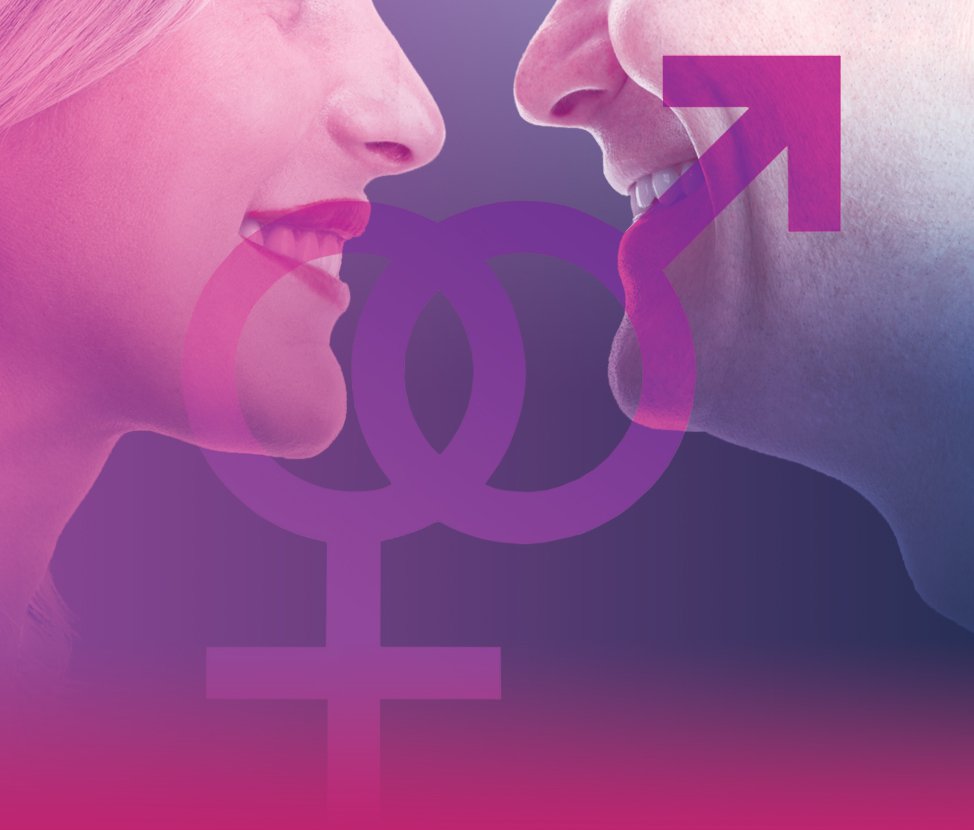
Sex in the 21st century

Are We Made of Maths?

The BIG Debate
This house believes that personal preference is all that matters in morality.
This wide ranging debate will help students to engage with the various challenges which can be made to moral relativism and subjectivism. A wide range of examples will be used, including sexual preferences.
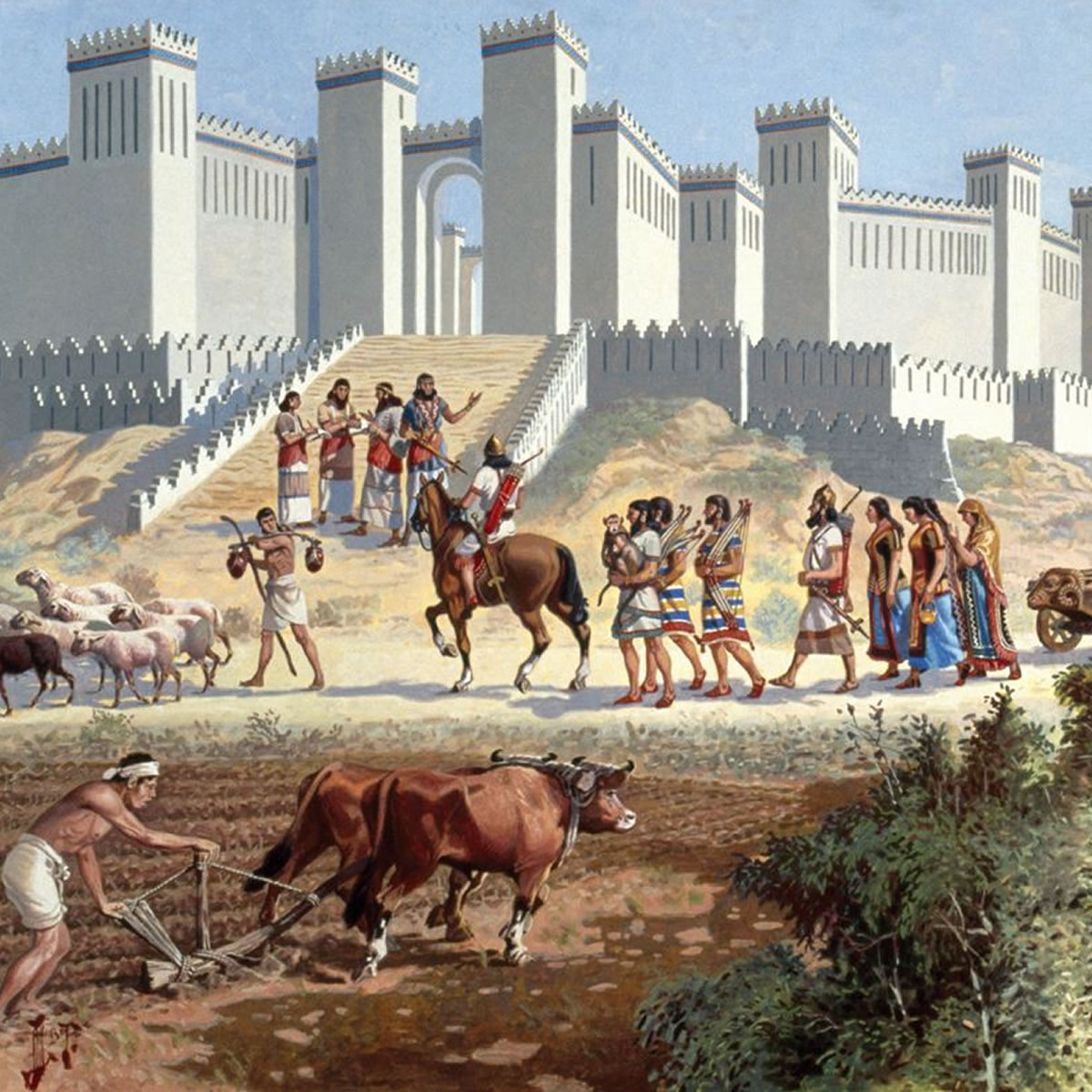
Debate: Science and the Growth of Civilisation

The Debate: The God Conclusion
“This House believes that the existence of God can be Known”.
This debate will draw out the importance and practical application of the philosophical tools learned during the day. There will be a particular focus on the epistemic standards required for knowledge claims, including the difference between ‘knowledge’ on the one hand and ‘belief’ on the other. The focus will be on examination of whether there can be religious claims to knowledge and if so whether philosophical justification is viable.

This House Believes That It Is Never Right to Kill a Person
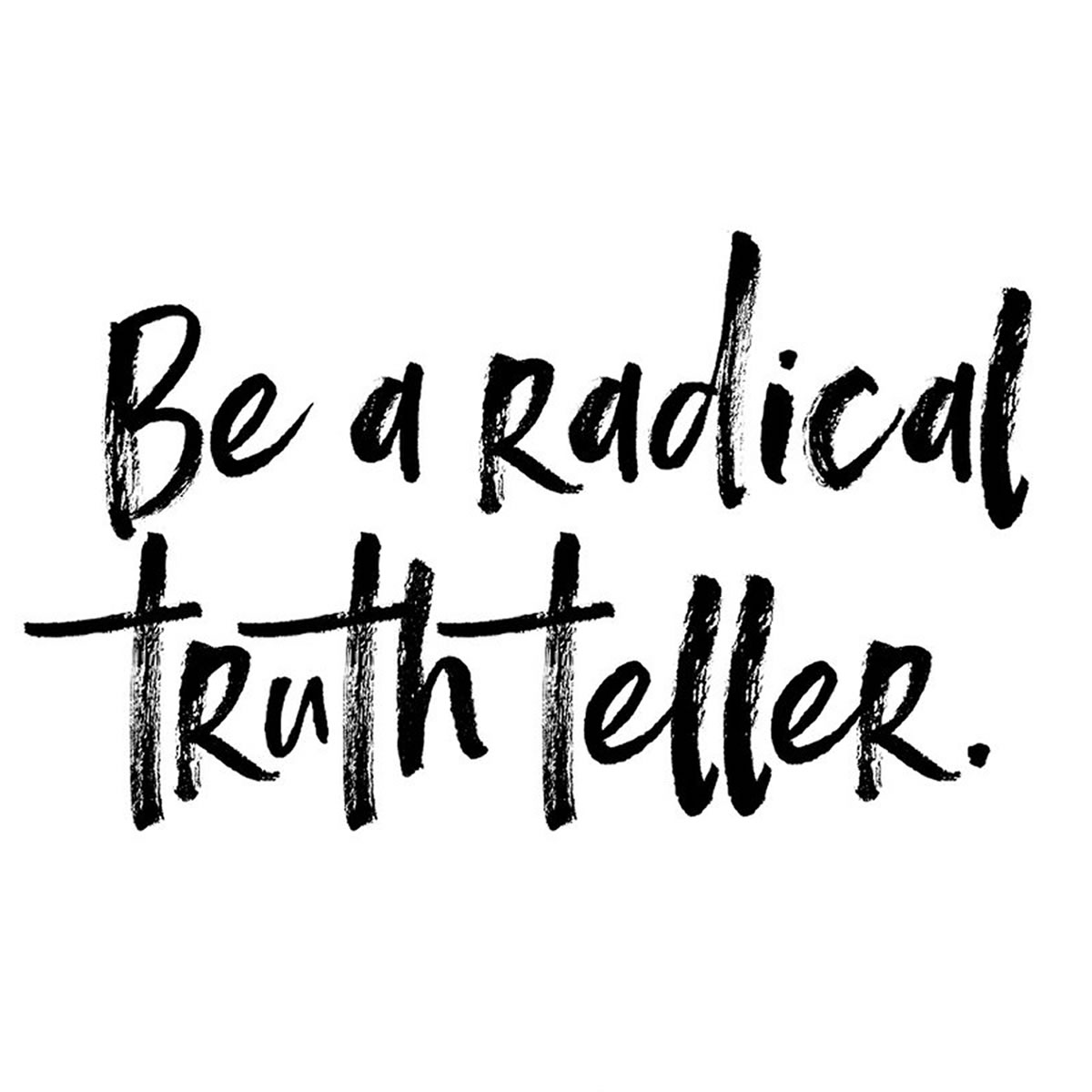
The BIG Debate: This house believes that everyone should tell the truth all the time.
An opportunity for students to contribute to this great debate topic. From ‘I left my homework at home,’ to, ‘The dog ate it,’ is it OK to lie if it saves your skin? Are ‘white’ lies justifieable to avoid hurting someone’s feeling? It will be argued that ‘Fools lie clever people stick to the truth’ (Michael Scott), and that ‘If you tell the truth you don’t have to remember anything’ (Mark Twain), but what do you think and can you persuade others to agree with you? An opportunity for persuasive speech and creative thinking on your feet.
This is a question that anyone who is a thinker will find themselves asking. Do the ends justify the means? Are there any universal rules? Is lying always wrong? Should there be limits to human behaviour enforced by the state or should people be absolutely free to choose? Students will actively engage with this question and enjoy full participation.

